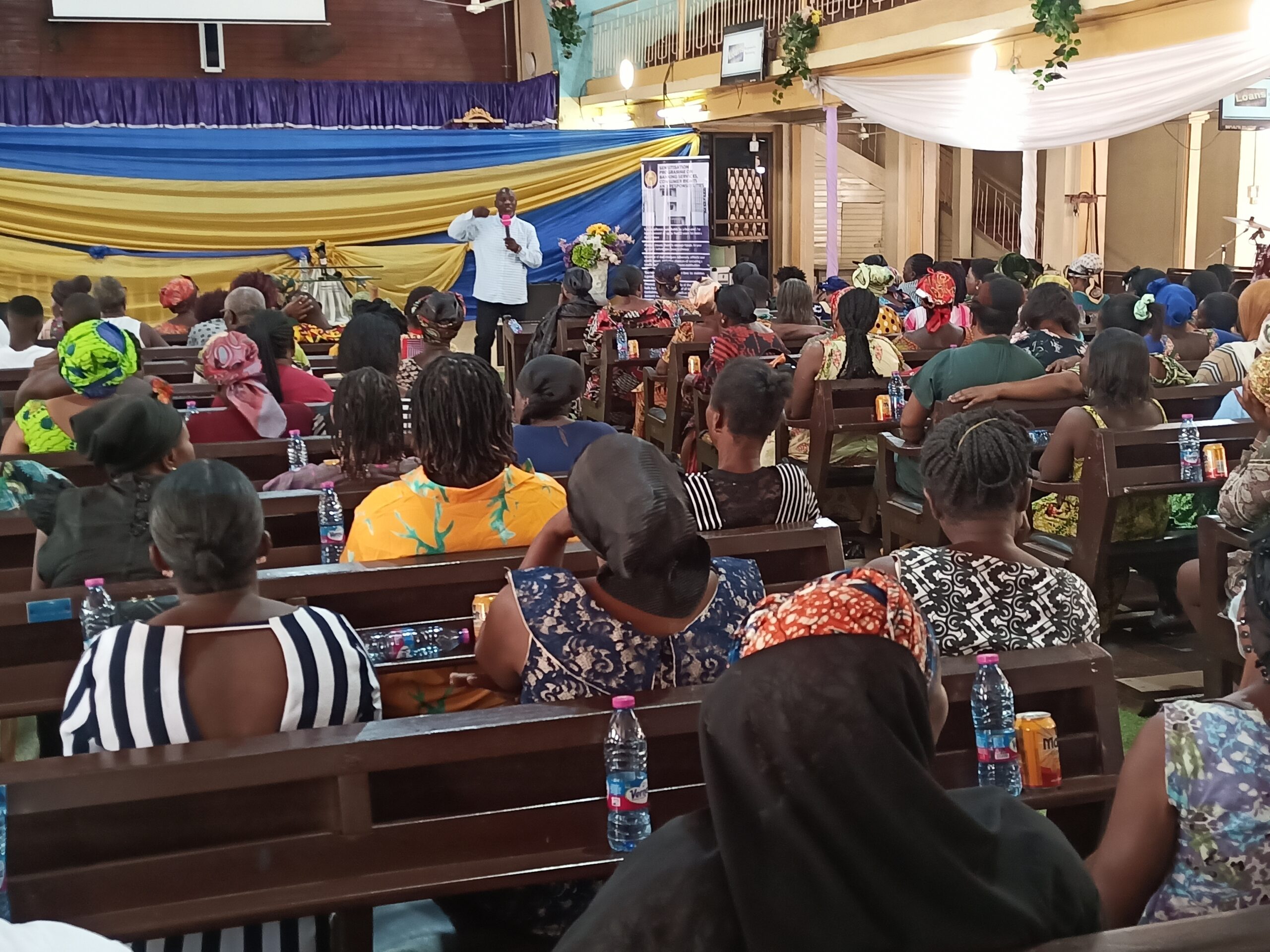


Seven out of ten Ghanaians say they have experienced at least one form of violence or harassment at the workplace, a survey commissioned by the Ministry of Employment and Labour Relations has revealed.
The survey also said the majority of violence and harassment cases at the workplace occurred in the informal sector.
Mr Ignatius Baffour-Awuah, the Minister for Employment and Labour Relations, who said this at the opening of a training workshop held on Tuesday in Accra, said the incidence of violence and harassment was more prevalent among the age group between 22-35.
The three-day event is being organised by the International Transport Workers Federation (ITF) and partners to equip participants with skills to campaign for the ratification and implementation of the International Labour Organisation Violence and Harassment Convention 190 (C190) in West and Central Africa.
The C190 acknowledges that gender-based violence and harassment disproportionately affects women and girls, and recognises that tackling the underlying causes and risk factors, including gender stereotypes, multiple and intersecting forms of discrimination, and unequal gender-based power relations, is essential to ending violence and harassment in the world of work.
The Convention provides a foundation for trade unions and other stakeholders to address violence and harassment in the world of work, and build a transport sector, based on safe and decent work for all.
Mr Baffour-Awuah said the survey indicated that 67.4 per cent of the occurrences of violence and harassment were during daytime while 32.6 per cent happened at night.
“This reinforces the existence of violence and harassment in the world of work. The survey results also indicated that all categories of key stakeholders in the workplace were involved in perpetrating acts of violence and harassment,” he said.
The Minister stated that leading perpetrators were third parties representing 35.1 per cent, followed by co-workers, 32.5 per cent and almost a quarter, translating to 24 percent of the perpetrators being supervisors/managers.
He said the government was committed to regulating the world of work and ensuring that the workplace was safe by eliminating all forms of violence and harassment.
Mr Baffour-Awuah gave an assurance that relevant stakeholders would be consulted to ensure the ratification and domestication of C190 to improve the dignity, rights and freedoms of vulnerable workers.
Ms Claire Clarke, the ITF Deputy Women Transport Workers and Gender Equality Officer, made reference to a 2018 survey, which found that 90 per cent of women workers were aware of some forms of sexual harassment in their workplace.
Those, she said, included women’s inequality in society and specifically in the labour market, as well as gender stereotypes and discriminatory attitudes, which increased women’s exposure to violence and harassment.
Ms Clarke stated that violence and harassment at work negatively impacted workers’ health, wellbeing and dignity, and remained a powerful barrier to women’s equality in society.
“The threat of violence and harassment can stop women from applying to work in transport, and experiencing violence and harassment at work – or the threat of experiencing it – can mean that women do not stay working in transport,” she said
Ms Clarke said Covid-19 had intensified the risk factors that led to gender-based violence, including unemployment, financial strains, increased isolation, and pressure on community support services and initiatives.
She stated that testimonies from ITF’s recent study on the impact of Covid-19 on women transport workers in Central and West Africa showed that women were denied jobs even when they gave “genuine reasons” in the interest of their families.
Source: GNA
The post Majority of workplace harassment happens in informal sector – Study appeared first on Ghana Business News.
Read Full Story


















Facebook
Twitter
Pinterest
Instagram
Google+
YouTube
LinkedIn
RSS